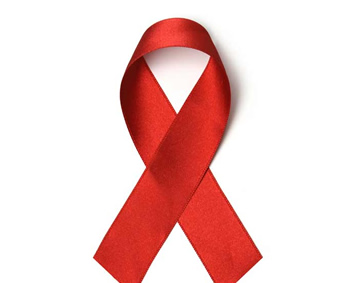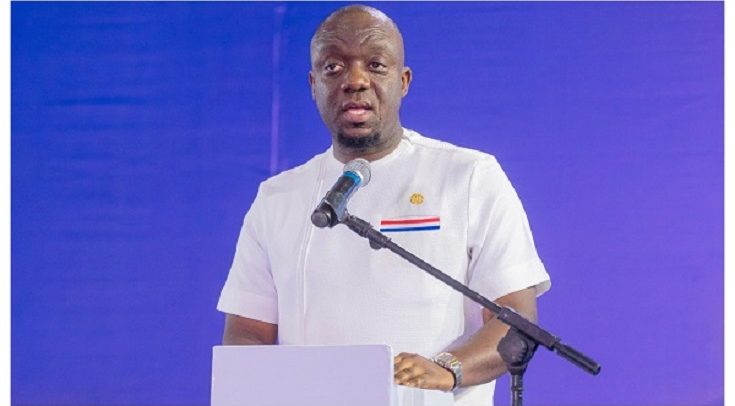
As of May 2025, Ghana finds itself basking in a rare economic summertime. The Ghana cedi has appreciated by nearly 25% against the US dollar—its strongest performance in years.
Inflation is on a downward path. Gross international reserves have climbed above USD 10 billion. Commodity exports, especially our gold and cocoa, are flourishing. Confidence is expectedly returning to the economy.
A moment worth celebrating but with cautious optimism
Unsurprisingly, the new government, which assumed office in January this year, is taking much of the credit. Yet, in a candid moment, the President himself acknowledged that the previous administration left behind nearly USD 9 billion in international reserves. That admission should count for something.
But perhaps, and with a sober reflection, the more important debate is not about who deserves applause. It should be about what do we do next.
We’ve Been Here Several Times
Every Ghanaian government since 1992 has experienced this sweet economic breeze before. For example, President John Agyekum Kufuor enjoyed favourable external conditions at some point:
Kufuor made the case and received HIPC relief and some generous donor flows. But by the time he left office in 2008, fiscal slippages and inflation had returned, contributing to NPP’s electoral defeat.
Mills and Mahama ushered Ghana into the league of oil-producing nations following the commercial discovery and the production foundation laid by the previous government. The economic outlook which followed was buoyant. But by 2015, a collapse in oil prices and fiscal overruns led to a sharp reversal in fortunes.
Our own administration was shaped by an era of ultra-low global interest rates. We took advantage to borrow cheaply and invested heavily in infrastructure and social programs. Then unfortunately came COVID-19, the Ukraine war, and a global tightening cycle that exposed the cracks. We survived a possible collapse of our economy but for a Gold4Oil initiative which saved the near dried reserves situation.
Today, this 5-7-year economic cycle repeats: strong commodity prices (gold and cocoa), softening global financial conditions, and improving investor sentiment have provided another window of relief to us.
But here’s the sobering truth: we’ve never been good at using these favourable windows to build durable or lasting resilience. The challenge isn’t achieving macro stability. That’s easier. It’s about sustaining it, I think.
What Will We Do With This Moment?
Ghana’s economy today stands at a crossroads—again. The decisions made in the next 12 to 24 months will shape the trajectory of the next decade. The opportunities are significant. The risks are familiar.
This economic summertime, like those before it, will not last forever.
Four Priorities To Help Break the Cycle
1. Institutionalise Discipline-
Let us not wait for the IMF or external partners to enforce accountability. We need legally binding fiscal rules, empowered and independent oversight bodies, and a political culture that sees budget discipline not as austerity—but as patriotism.
2. Invest, Don’t Indulge-
The windfalls from higher cocoa and gold revenues must go into buffers and productivity—not electioneering spending. Stabilisation funds, targeted infrastructure for economic growth, and debt reduction are the only way to turn cyclical gains into structural progress and resilience.
3. Diversify Seriously-
This time, we cannot continue to live and die by the world market price of gold and cocoa. Non-traditional exports, industrialization policy, and a decisive move into value addition are no longer optional—they are imperative.
4. Let a Strong Cedi Work for the People-
Currency strength must translate into cheaper fuel, food, and medicines—not just favourable graphs. If macro gains don’t ease daily burdens, public support for reform will collapse when the next storm hits.
Conclusion:
Don’t Waste the Economic Breeze.
Ghana has never lacked potential. But we have too often lacked staying power. We soar in good weather, then fall when the winds shift.
Let us use this summer differently. Let us build institutions, not tents. Let us act—not to win the moment, but to shape the future and be part of the 4th Industrial Revolution.
This is because when the sun inevitably sets, the question won’t be “who took the credit?” It will be: who used the moment to make Ghana stronger?
#MEN@WORK
By Joseph Cudjoe
The post Rise of the cedi: Why and how Ghana must lock in the gains first appeared on 3News.
Read Full Story






















Facebook
Twitter
Pinterest
Instagram
Google+
YouTube
LinkedIn
RSS